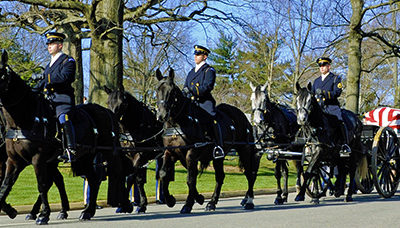IT’S THE QUESTION OF THE WEEK.
It comes from Joseph Lee Hammett via Facebook, and he wins a free book for asking it. (Joseph, email me.)
Here’s his question, which I’ve condensed and clarified a bit.
“The Bible states, ‘The dead know nothing.’ Yet Saul sought the witch of Endor. She summoned the spirit of Samuel for Saul. Samuel answered Saul’s question. Clearly, dead Samuel knew something didn’t he?”
Joseph is quoting a book traditionally attributed to King Solomon, since the writer introduces himself as “the Teacher, King David’s son, who ruled in Jerusalem” (Ecclesiastes 1:1 NLT).
As the Bible tells it, Solomon would have made a good Teacher since he was “wiser than anyone else” (1 Kings 4:31).
Sadly, however, Israel’s Wise Guy wasn’t wise enough.
He did not know what he was talking about.
Ecclesiastes is a journal. It’s written by a man searching for meaning in life. He doesn’t understand the point of life. It makes no sense to him.
“Everything is meaningless…People come, and people go, but still the world never changes” (Ecclesiastes 1:2, 4 NLT, CEV).
He complains a lot.
When he complains about death, he says what he thinks:
“We know that we will die, but the dead don’t know a thing. Nothing good will happen to them—they are gone and forgotten” (Ecclesiastes 9:5 NCV).
That’s what many Jews thought in Old Testament times.
A song writer put it this way:
“The dead cannot sing praises to the LORD, for they have gone into the silence of the grave” (Psalm 115:17 NLT).
Wrong again. At least as far as the New Testament will testify later.
Just because something’s in the Bible doesn’t mean that it’s right, or that God has signed off on it. Sometimes it’s just the writer expressing his opinion. The trick is in figuring out if what we’re reading is true or if the writer only thinks it’s true.
Forget the New Testament for a minute, since it clearly teaches that there’s an afterlife.
Old Testament evidence on the flip side of Solomon and the psalm writer shows up in at least a couple of places.
Dead Samuel speaks. When King Saul wanted to know if he’d survive the upcoming battle with the overwhelming Philistine force camped in the valley below, he asked a medium to conjure up the spirit of the dead prophet, Samuel.
Dead as a mud brick, Samuel showed up, talking—scaring the bejeebers out of the medium, who quite obviously was a fraud most of the time. Otherwise, she wouldn’t have lost her bejeebers.
Samuel knew a thing or two: “Tomorrow you and your sons will be with me” (1 Samuel 28:19 NCV).
As in, dead.
Resurrection ahead. “Many of those whose bodies lie dead and buried will rise up, some to everlasting life and some to shame and everlasting disgrace” (Daniel 12:2 NLT).
That’s an angel talking to the prophet Daniel.
In the New Testament, Paul offered his take on the dead.
“I long to leave this world and be with Christ” (Philippians 1:23 NIRV). Absent from the body, present with the Lord.
Whether that’s the truth or just Paul’s opinion—perhaps like Solomon’s misguided opinion—time will tell.
We don’t need to worry about it. When we’re six feet under, God’s got us covered.
Jesus: “I am the resurrection and the life. Anyone who believes in me will live, even after dying” (John 11:25 NLT).
See also What happens to dead Christians?


Follow up question. God prohibits Israel from consulting mediums or the death. Why would God allow a medium to summon Samuel from the death.